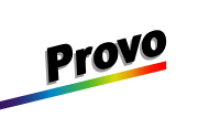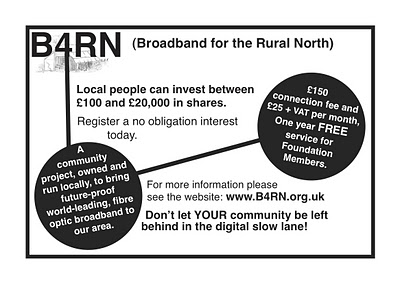Provo to Write off Some Debt of Struggling iProvo Network
Provo built a city owned FTTH network after its public power utility started connecting its substations with fiber-optic cables in the early 2000's. iProvo ultimately developed along similar open access lines as UTOPIA, but unlike UTOPIA, Provo did not actually want to operate on a purely wholesale model.
iProvo was forced into the wholesale-only model, where the publicly owned network offered wholesale services to independent ISPs that then resold service to residents and businesses. Comcast and Qwest (now CenturyLink) recognized the threat posed by municipalities building next generation networks -- particularly in communities that did not even have full DSL and cable coverage from the giant providers that long delayed upgrades, knowing that subscribers had no other options.
Comcast and Qwest went to the state legislature and did what they do best -- bought influence and pushed through laws to essentially prohibit publicly owned networks from offering direct retail services, knowing that the wholesale-only approach had proved a very difficult model to work financially.
UTOPIA had long had a vision of making the open access, wholesale-only model work (that proceeded to largely fail, for a variety of reasons -- only to start turning around in recent years) but Provo, with its public power utility, was denied its preferred model of offering services directly.
iProvo was built at a cost of $40 million and has operated in the red since, though a number of postive externalities from the network was not included in those calculations. For instance, City Departments had access to much higher capacity connections than were available previously and were not charged for them (a poor practice in our estimation). For more details on iProvo, I recommend a video of a discussion in 2011.
At any rate, iProvo was then sortof sold off to a private provider (sort of because the city is still on the hook for the debt) in large part because private providers are not as crippled by state law. Unfortunately, the network has already developed a bad reputation for many (thanks to the state law preventing Provo from being able to ensure a good subscriber experience).




